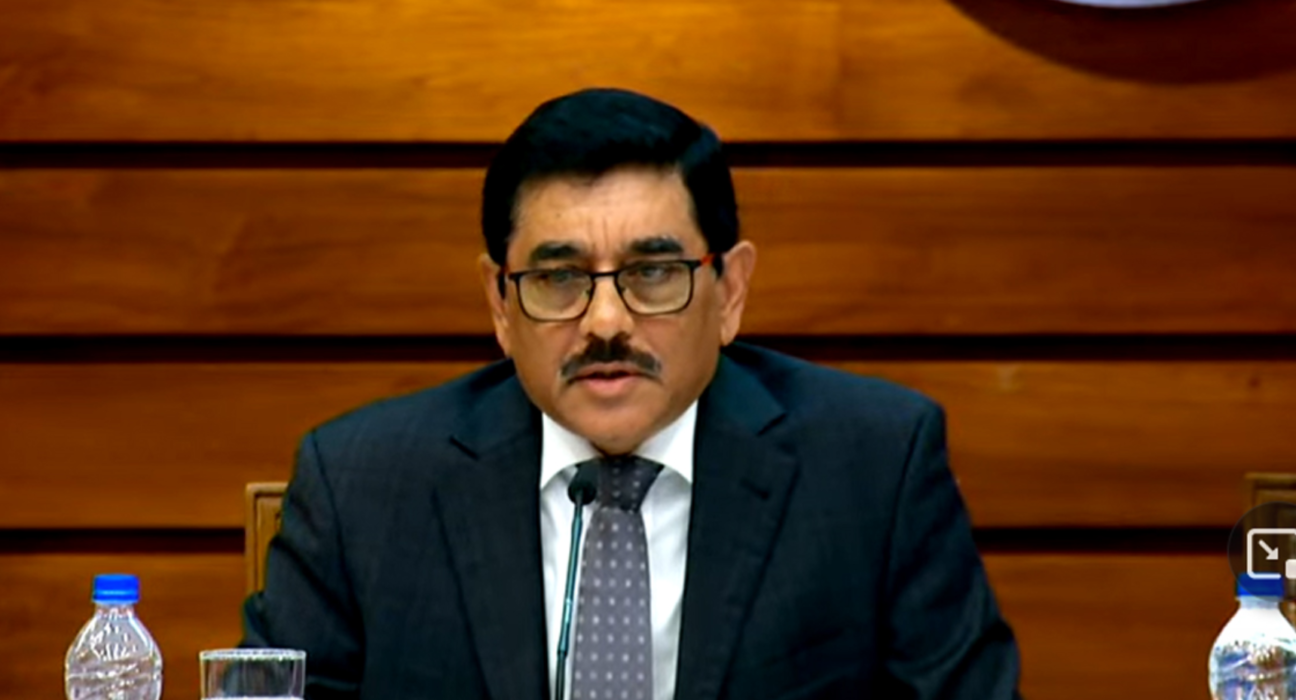Sri Lanka’s Central Bank Governor Nandalal Weerasinghe cautioned against deviating from current IMF-subscribed economic policies and reforms, warning of a return to the 2022 crisis if such changes occur. Weerasinghe emphasized the need to maintain the ongoing economic trajectory, citing the country’s recovery path under the IMF deal, which includes reforms like higher taxes and stable inflation-targeted monetary policy. He stressed that any deviation from these policies could jeopardize the progress made and lead to a situation akin to the previous economic crisis.
Under the IMF program, Sri Lanka has witnessed economic stability, with improvements in various indicators such as currency appreciation, reduced inflation, and increased tax revenue. However, opposition parties have expressed intentions to revise certain IMF conditions, citing concerns over the impact of policies like higher taxes on the public. Weerasinghe acknowledged ongoing changes in the IMF deal but underscored the importance of maintaining key objectives related to fiscal and monetary sustainability.
As the country approaches presidential polls, political uncertainty looms, raising concerns about potential disruptions to the IMF-led reform agenda. Weerasinghe emphasized the need for continuity in economic policies regardless of the administration in power, highlighting the importance of restoring debt sustainability and ensuring overall economic stability. He also noted potential external challenges, including global economic uncertainties and geopolitical issues, underscoring the importance of steadfast policy adherence amidst evolving circumstances.
